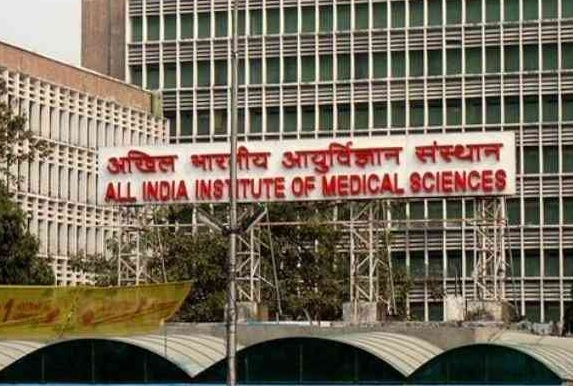NEW DELHI: A 20-year-old engineering student who underwent a weight loss surgery in May 2017 at the All India Institute of Medical Sciences (AIIMS) here has lost over 130 kg over a period of two years, doctors said.
Ravi Khatri (name changed), a resident of Lajpat Nagar, had approached doctors when he weighed 250 kg, they said.
He was highly obese and his movement was restricted. He also suffered from depression because of his physique and wanted to lose weight desperately, Dr Sandeep Aggarwal, in-charge of bariatric surgery at AIIMS, said.
“We put him on diet and asked him to reduce 10 kg so we operate upon him, but he could not make it. He was then admitted to the hospital for two weeks during which we made him shed around 10 kg of weight,” Dr Aggarwal said.
Doctors performed sleeve gastrectomy, a surgical weight-loss procedure in which the size of his stomach was reduced to 100 ml by stapling out large proportion of it. It gave the stomach a sleeve like structure.
“Reducing the stomach size automatically reduces intake of food. Also the procedure leads to hormonal changes because of which absorption of food in the blood also gets reduced and that helps with weight loss,” he said.
He was then in the hospital for a week or two before being discharged. He was put on a low-calorie and high protein diet and asked to follow a healthy lifestyle including some exercise.
“He would come for a follow-up after every three months and lost 130 kg over a period of two years,” Dr Aggarwal said.
Like Khatri, 61-year-old Rajpal Solanki, a Gurgaon resident, lost around 72 kg after he underwent a mini-gastric bypass in August 2016.
Solanki weighed 133 kg before the procedure.
According to Dr Aggarwal, bariatric surgery is as safe as gall bladder operation but requires life-long care. One has to maintain a healthy lifestyle and proper diet after the surgery to maintain the weight.
“Bariatric surgery also helps patients suffering from diabetes and fatty liver and many people are not aware of this. This kind of surgery is also beneficial in advanced liver diseases,” Dr Aggarwal explained. PTI







